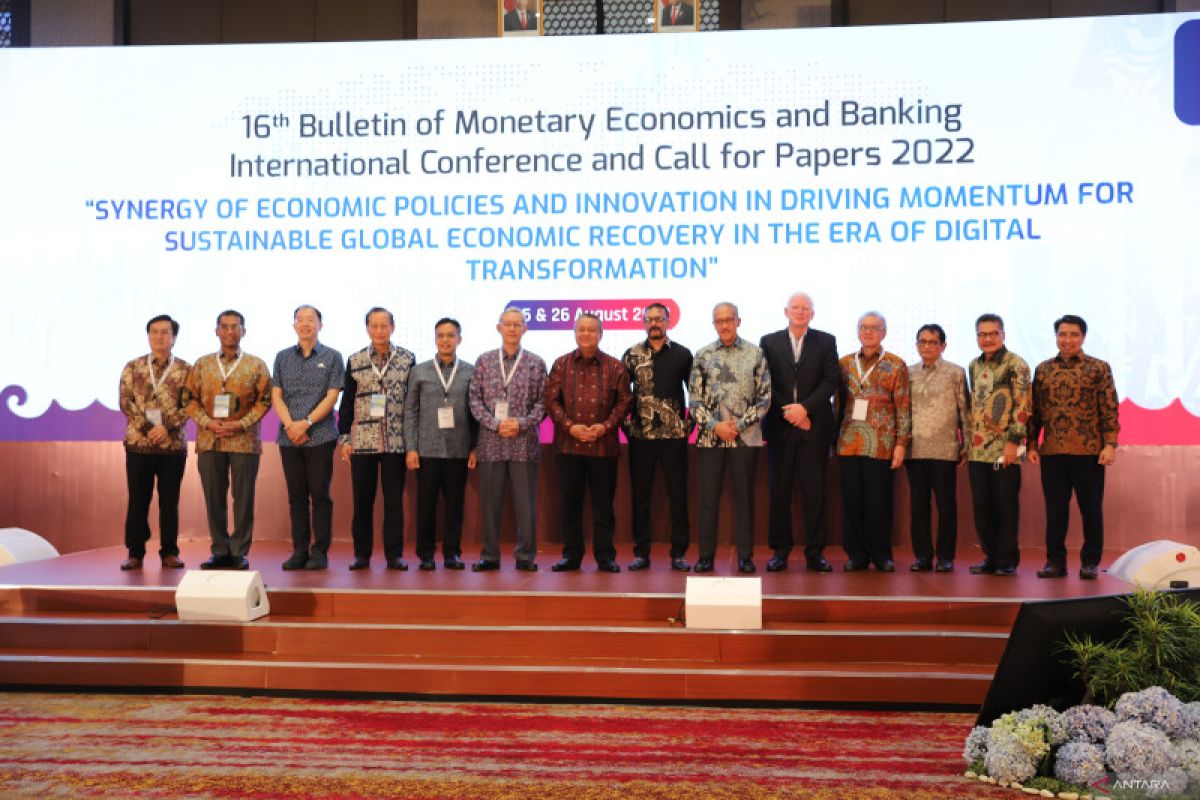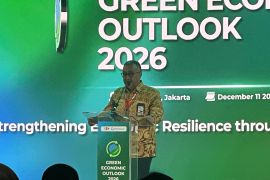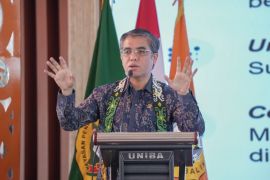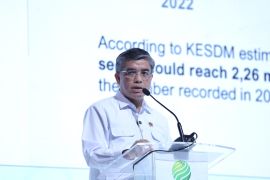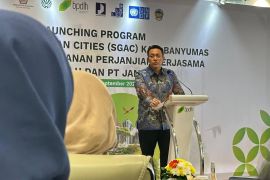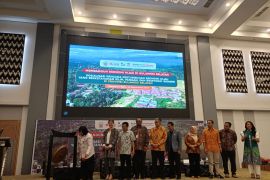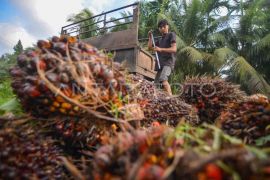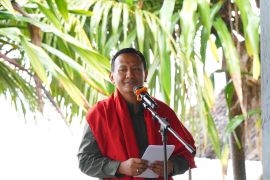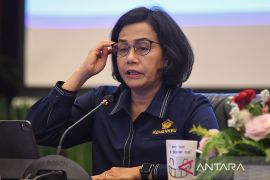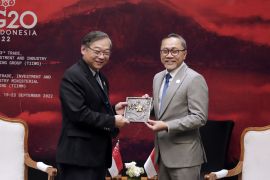"One manifestation of the transformation in building the digital central bank of the future is by issuing a central bank digital currency (CBDC)," Warjiyo noted at the 16th International Bulletin of Monetary Economics and Banking (BMEB) Conference and Call for Papers here on Thursday.
He listed three aspects pertaining to the central bank digital currency that encompassed the issuance of CBDC as being one of the central bank's mandate in the process of creating digital currency, which in turn showcased the country's sovereignty in terms of stipulating the only legal means of payment.
Second, CBDC distribution could be conducted through a wholesale or wholesale and retail system by adopting the Distributed Ledger Technology (DLT).
Thirdly, the three prerequisites for the issuance of CBDCs covered the development of conceptual designs, infrastructure that integrates payment systems with the money market in an Integrated, Interconnection, and Interoperable (3I) manner, as well as cooperating with other central banks to develop the best CBDC digital platform that supports the expansion of transactions between countries.
He also emphasized that the future of the central bank should be supported by reinforcing three important aspects, such as development of the digital money creation process by the central bank, while the second pertained to the need to optimize the application of digitalization and technology in the policy formulation process.
The third aspect that should be strengthened was to set certain measures to face the challenges of green economy and finance by building digital-based business processes. By referring to those three aspects, the central bank must prepare itself well to face the new era of the digital and green financial economy.
"The central bank must take a leading role in navigating the economy to achieve sustainable and inclusive growth," he remarked.
This year's BMEB international conference and Call for Papers presented 50 of the 231 best scientific papers in economics, monetary, and finance, both submitted domestically or from overseas.
The best writings came from 14 countries: Indonesia, Vietnam, England, Malaysia, India, China, Armenia, Pakistan, Australia, Qatar, Fiji, Nigeria, the United States, and Italy.
The event was held through collaboration among Bank of Indonesia and the Indonesian Economic Bachelors Association (ISEI), the Asia-Pacific Applied Economics Association (APAEA), and five universities in Indonesia: University of Indonesia, Gadjah Mada University, Bogor Agricultural Institute, Airlangga University, and Sampoerna University.
Related news: New OJK regulation instructs banks to ensure cybersecurity
Related news: Digitization of financial transactions surging amid pandemic: Perbanas
Translator: Agatha O V, Mecca Yumna
Editor: Rahmad Nasution
Copyright © ANTARA 2022
